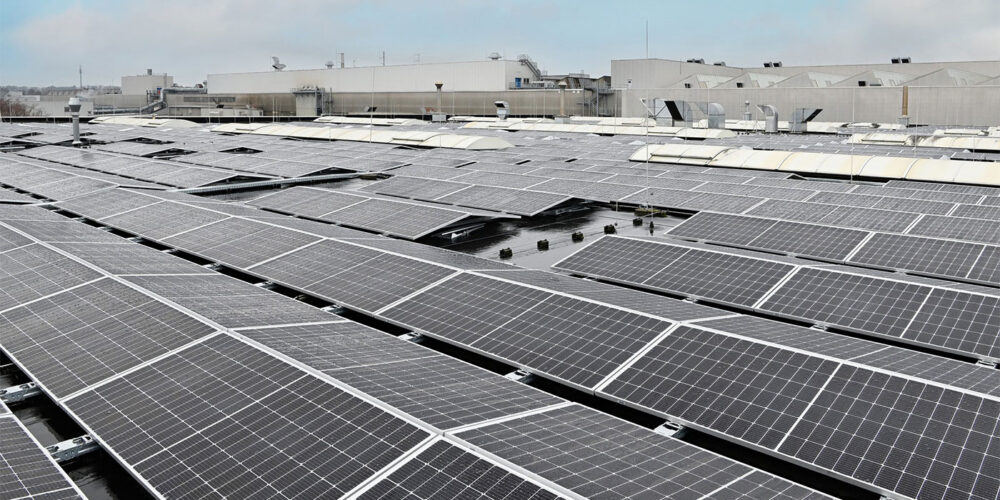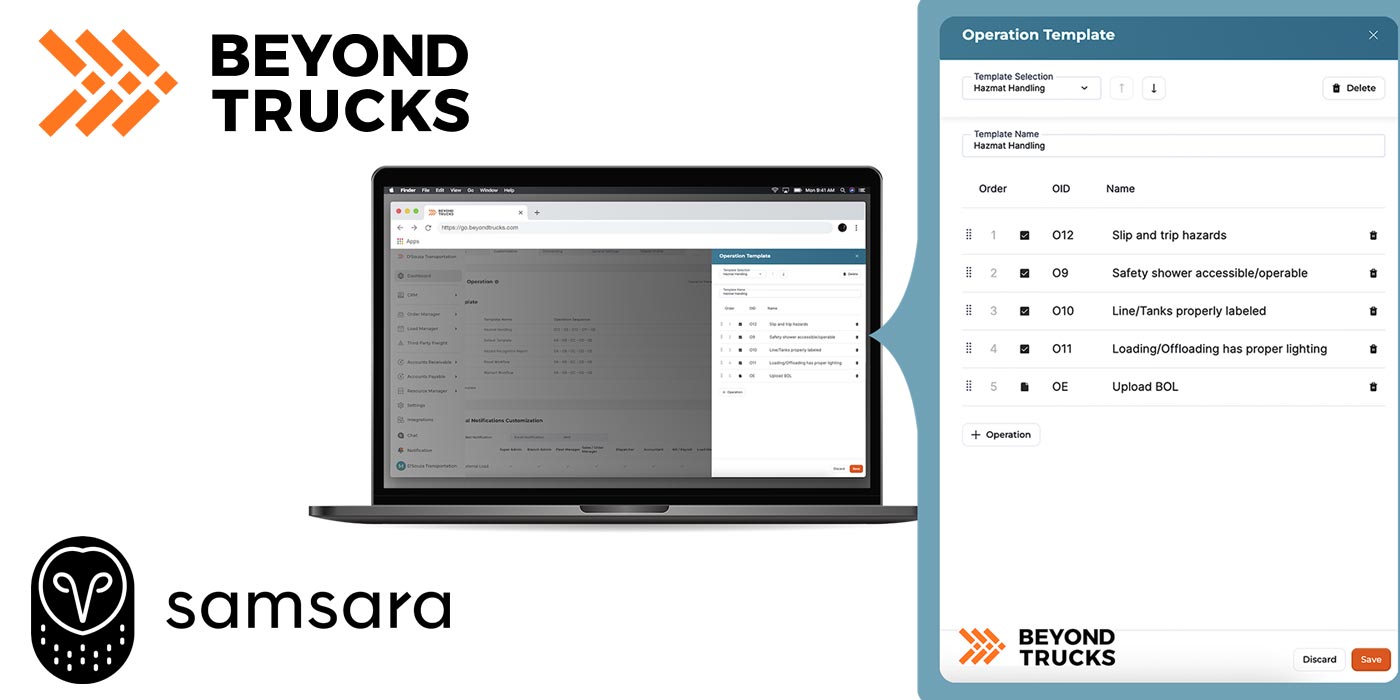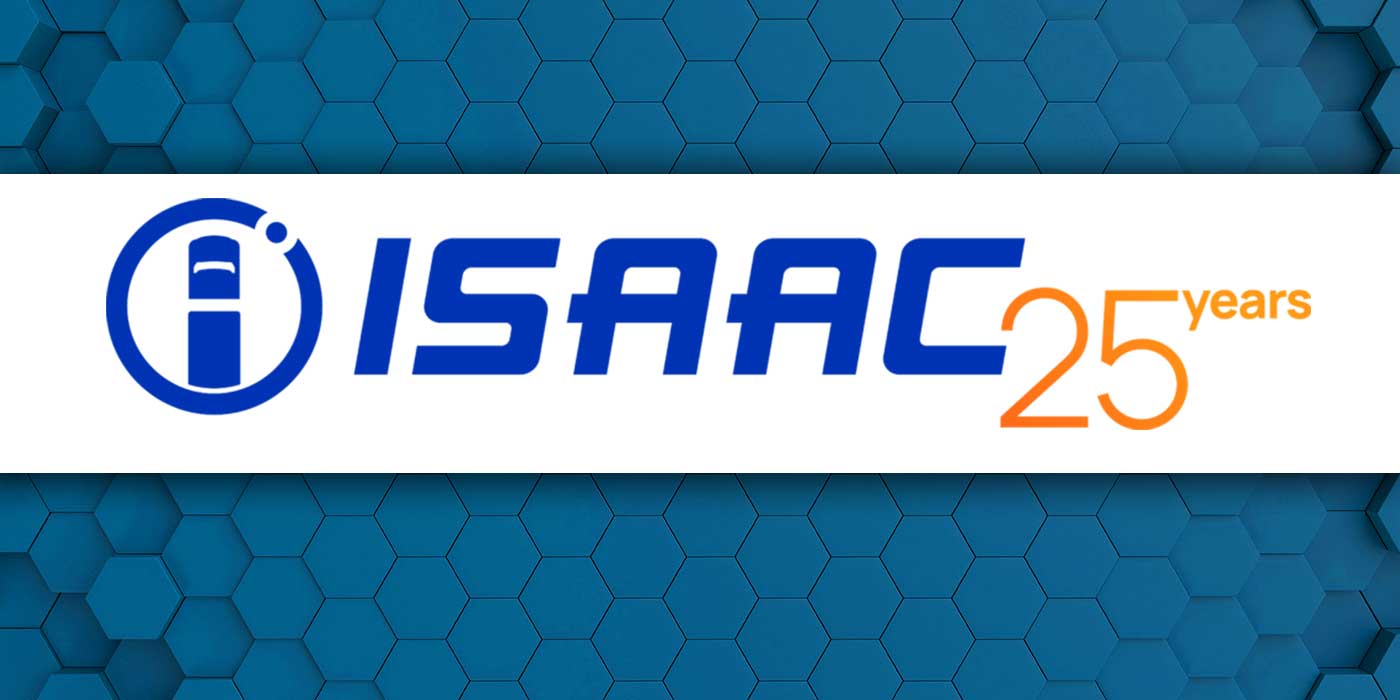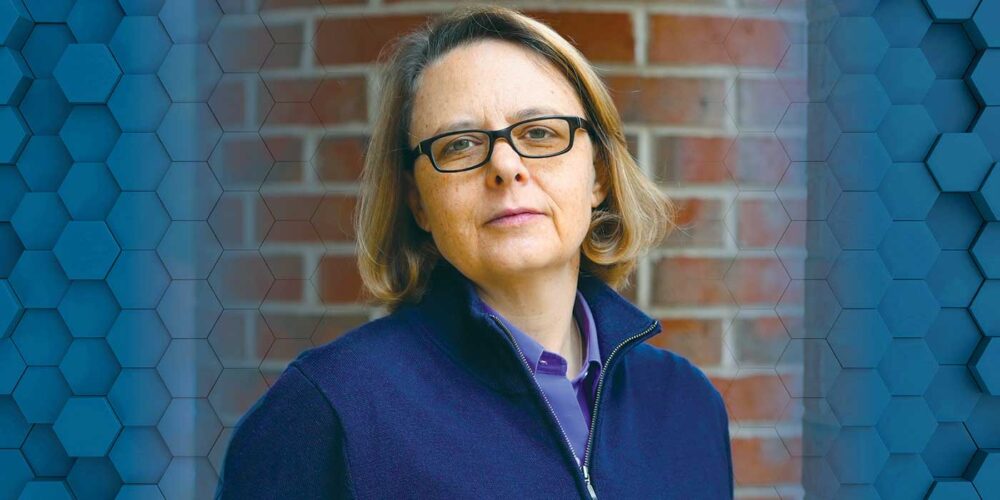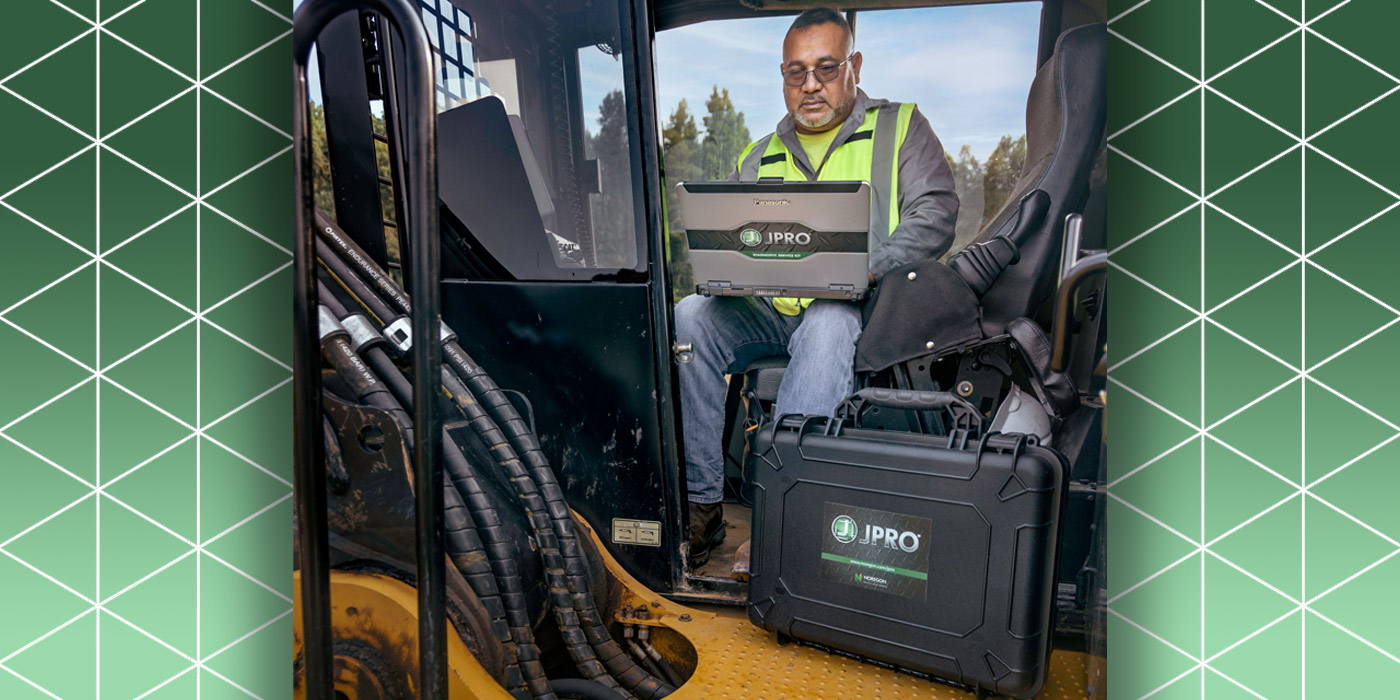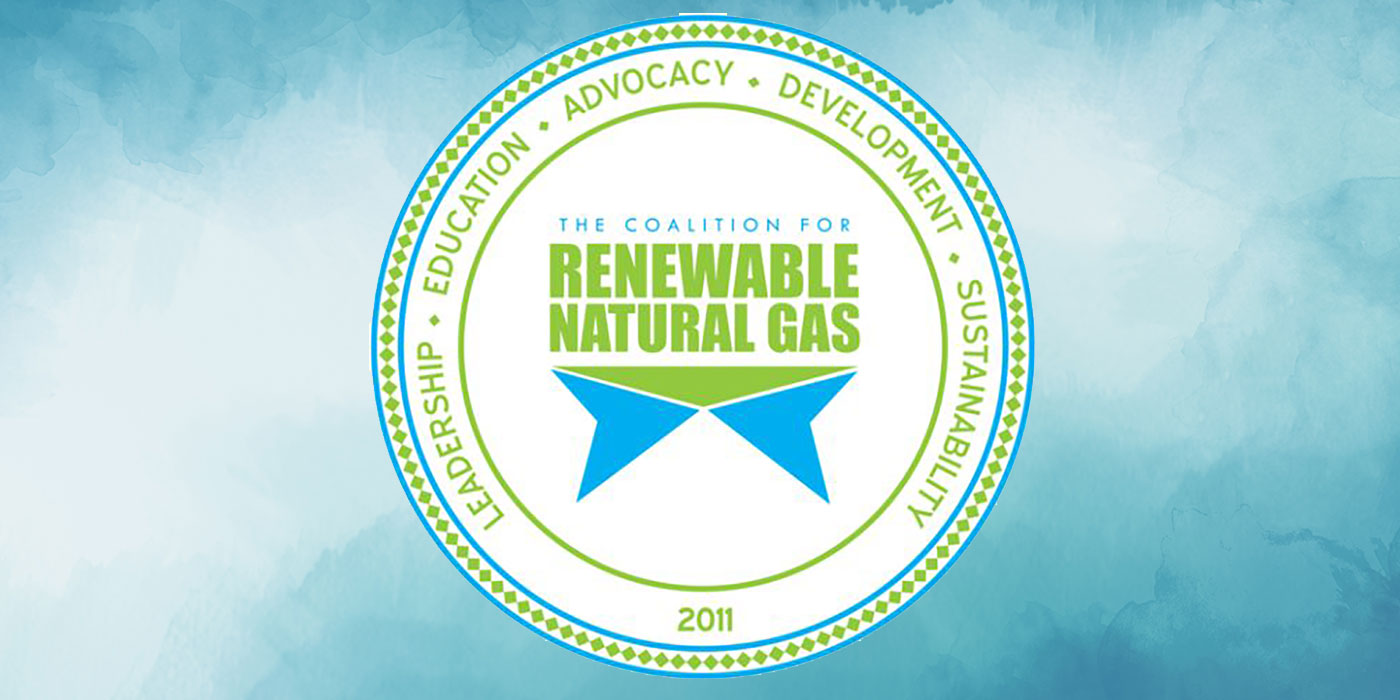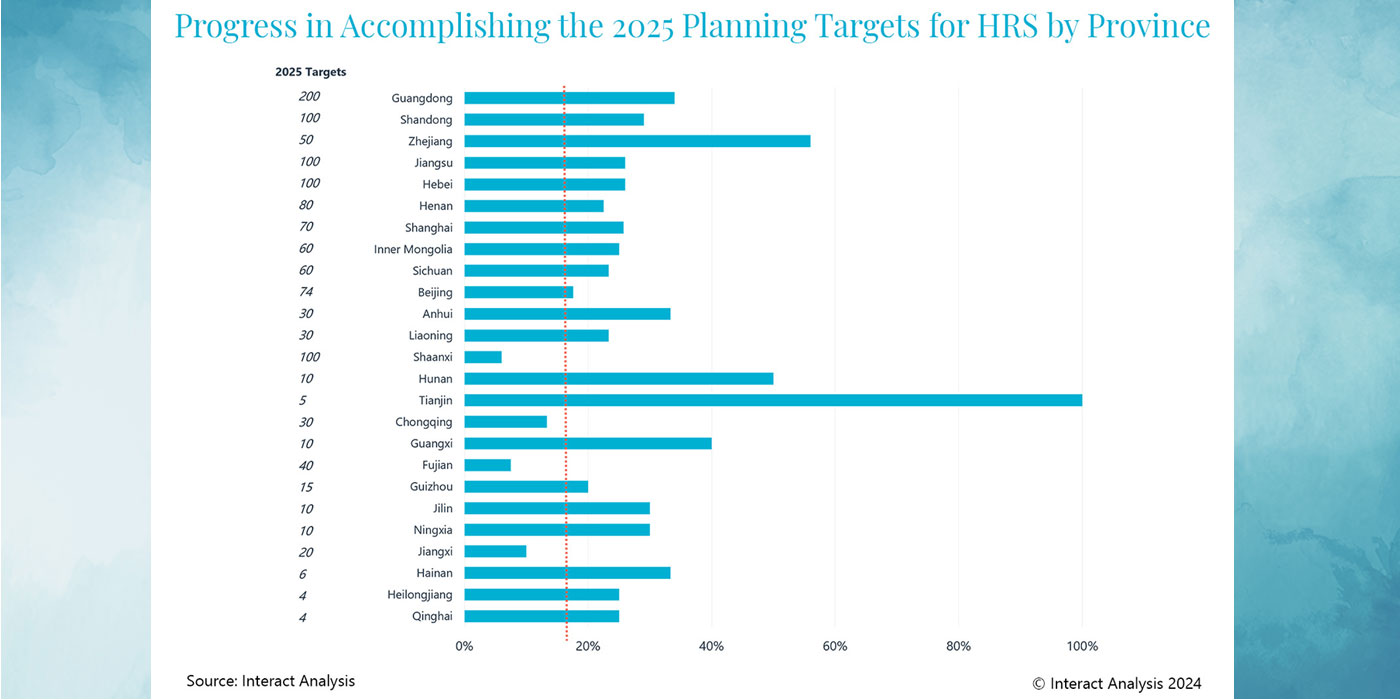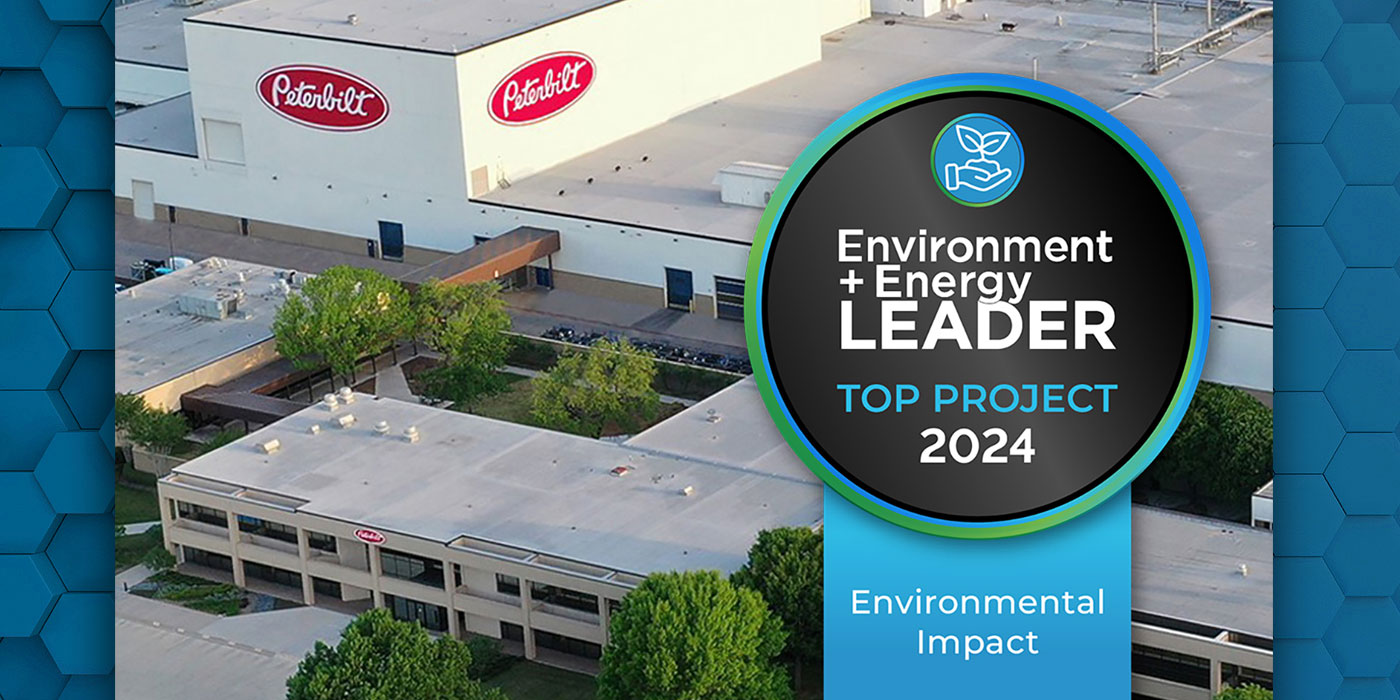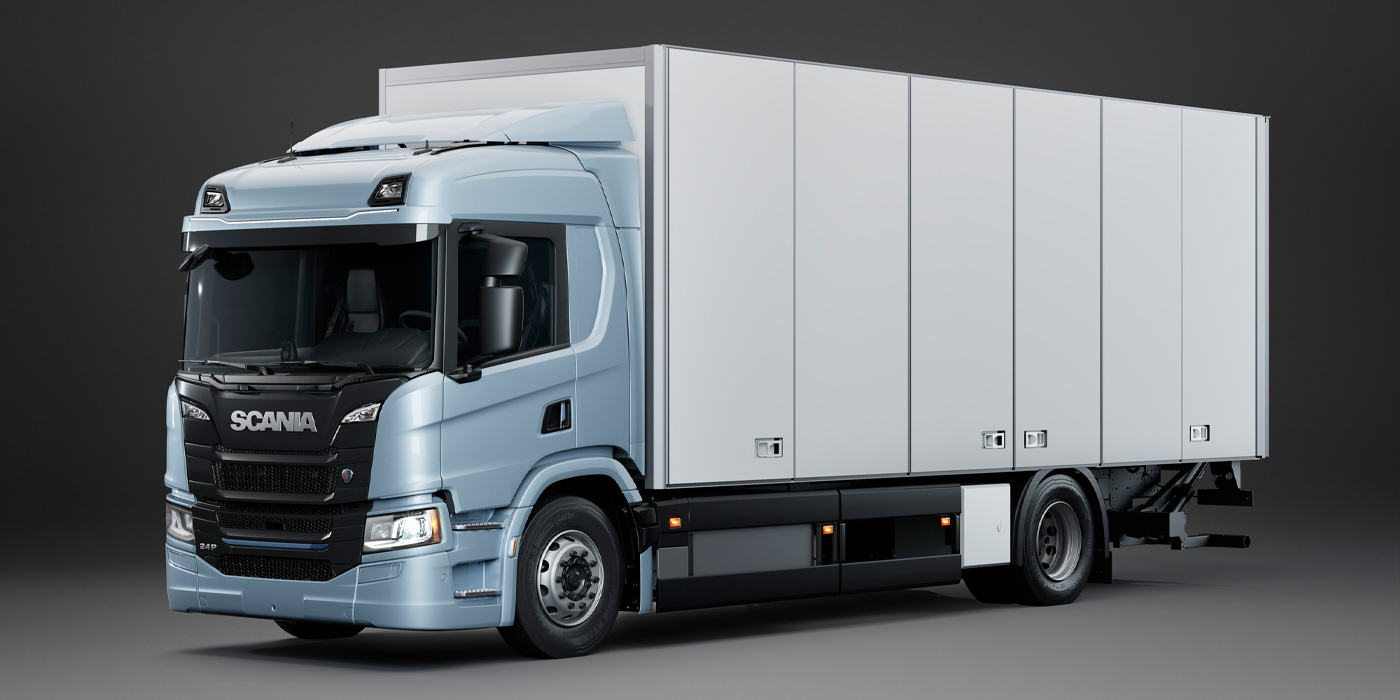Daimler Truck has the declared goal of developing sustainable and thus future-proof transport solutions for the movement of goods and passengers and putting them on the road. In this context, the focus is also on the production of vehicles: By 2039, the company aims to achieve CO₂-neutral production in all plants and business units worldwide. The European sites will already be CO₂-neutral from this year onwards partly by sourcing electricity from solar, wind and hydroelectric power.
Another important component of the “Green Production” initiative is the expansion of self-supply from renewable energies thanks to additional photovoltaic systems. At the German Mercedes-Benz plants in Woerth, Kassel, Gaggenau, and Mannheim, assembly of the new plants began in the fall and they are scheduled to be successively connected to the grid by May 2023. Currently, 5,400 kWp of photovoltaic modules are installed at the German truck sites, so that – together with existing systems – up to 5,700 MWh of electricity can be generated per year. This is equivalent to the annual consumption of around 1,400 households with four people. The more than 13,000 modules, which are mainly installed on building roofs, have a surface area of around 39,000 m².
Total of existing and new PV systems at a glance:
| Mercedes-Benz plant | Power (kWp) | Capacity (MWh) | Number of modules (n) |
| Gaggenau | 500 | 438 | 1,500 |
| Kassel | 2,100 | 1,900 | 4,400 |
| Mannheim | 400 | 334 | 840 |
| Woerth | 3,100 | 3,000 | 6,500 |
The initiative at the German truck locations kicked off in 2019 at the plant in Kassel: A 4,000 m² photovoltaic system has been installed on the roof of a new production hall and has been supplying the hall’s production with electricity since its commissioning.
German plants part of a global initiative
The photovoltaic expansion at the German sites is part of an ongoing global initiative. Around 7,200 kWp of photovoltaic modules have already been installed worldwide, enabling the company to generate around 7,900 MWh of electricity per year. The plant in Chennai, India, for example, can generate around 12 percent of its own electricity consumption with its own PV system.
In the coming years, the share will be further expanded so that in the future around 150,000 kWp of photovoltaic modules will be installed worldwide, capable of generating around 290,000 MWh of electricity per year. For example, PV systems with a total area of over 14,800 m² have already been installed in the USA and Mexico with an expected annual generation of around 1,700 MWh. PV projects are also currently being implemented at other plants, for example in Brazil, Turkey and South Africa.
Sustainability at Daimler Truck
The measures relating to CO₂-neutral energy supply and “green” production are part of Daimler Truck’s sustainable business strategy. The commercial vehicle manufacturer takes a holistic view of sustainability as an integral part of its core business and entrepreneurial activities. Within this framework, the company focuses on the three pillars of “environment,” “social affairs,” and “good corporate governance” – and assumes responsibility for its employees, for the environment, and for society as a whole.

